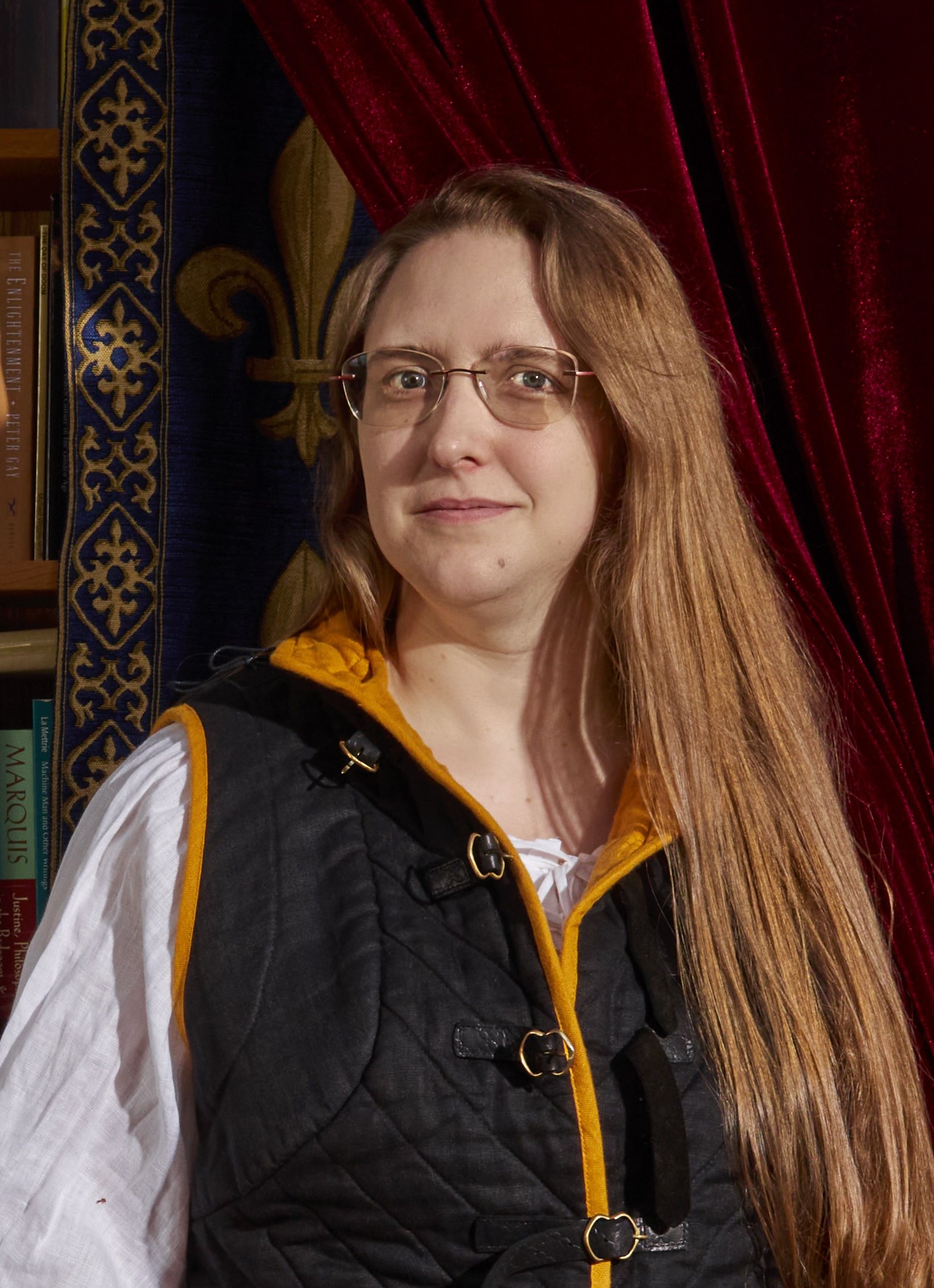H-205. Censorship from the Inquisition to the Present
Ada Palmer
Course Length: 30 hours
Course Week: 9–14 August 2026
Format: in person, University of Chicago in Chicago, IL
Fee: $1,495
This course, which meets in Special Collections at the University of Chicago, will examine the histories of censorship and information control, with a focus on books and on changes in information technologies. Many sessions will focus on censorship in early modern Europe, including the Inquisition and its practices, the impact of the printing press, the economic incentives and profit motives which shaped the entangled histories of censorship and copyright law, and traditions of clandestine literature in the Renaissance and Enlightenment. Some sessions will jump forward to compare patterns revealed by early modern censorship to modern examples ranging from internet censorship and videogames to document destruction and library book challenges, with special attention to wartime censorship, comic books, digital-rights management, and free speech on our own campus. Patterns in the recurring activities and goals of censoring bodies over time and space reveal the motives which lead people to support censorship, even in cultures that claim to value free expression.
Course History
Faculty

Ada Palmer
Ada Palmer is a historian focusing on the history of censorship and radical thought. Her current research treats censorship and radical heterodoxy, especially the ways censorship evolves and changes during revolutions in information technology, from the print revolution to the digital. She is Associate Professor in the University of Chicago’s History Department, with affiliations in Classics, Gender Studies, and the Institute on the Formation of Knowledge. She works broadly on the history of science, religion, heresy, freethought, atheism, censorship, books, printing, and long-term European history, especially the Renaissance and Enlightenment. Her first book, Reading Lucretius in the Renaissance (2014), explores the impact of the rediscovery of classical atomism on the development of modern science and thought, and her new popular press book, Inventing the Renaissance: The Myth of a Golden Age (2025), aims to introduce general audiences to the way the ideas of a bad Middle Ages and a good Renaissance were formed, both in the early modern period, and by modern historians and propagandists. She is also an internationally award-winning science fiction and fantasy novelist. She is a disability activist, a composer of polyphonic a cappella music, a scholar of anime and manga, and a consultant for comics publishers. She hosts the podcast Ex Urbe, Ad Astra, and she blogs at ExUrbe.com, which hosts her recent essay “Tools for Thinking About Censorship” and her celebrated guide to how to find good gelato anywhere in the world, once featured in The Economist.
Full Bio »